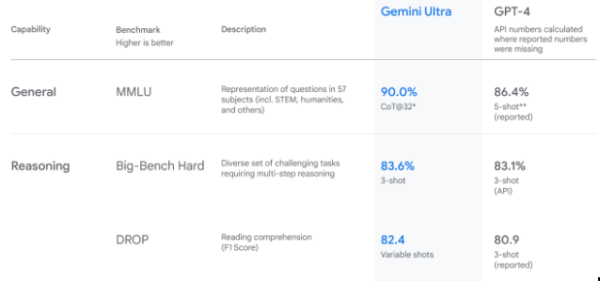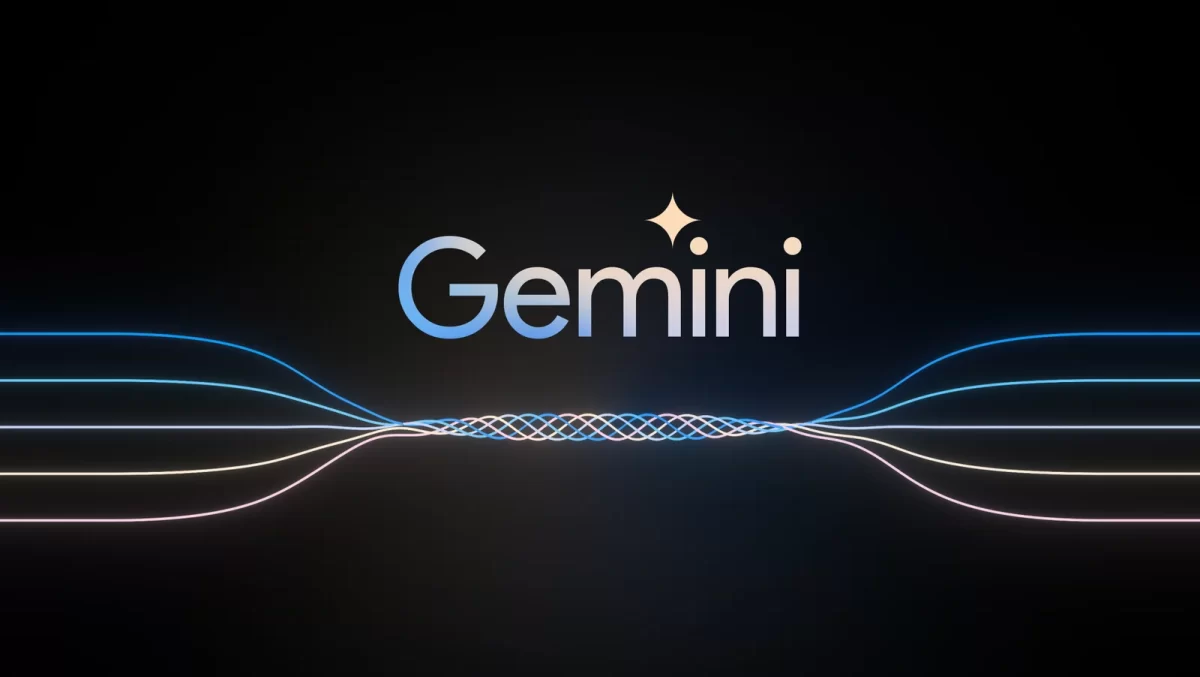It has been a few weeks since Google released Gemini, its own AI model that was introduced as an opponent for GPT-4, the well-known AI chatbot by OpenAI, which has been rising to its zenith in the past year. Google’s CEO Sundar Pichai described it as the beginning of a new era of AI at Google, proudly stating, “Welcome to the Gemini Era.” Pichai described that, although Gemini is only available in English as of now, it will soon be available in multiple languages and be added to Google’s search engine, with the hope of making the model a global use.
The AI model comes in three sizes, each with features according to their ‘stages,’ as Google described. The Gemini Ultra, which Google tested to compare with GPT-4, is the most advanced version of the model, while Gemini Pro and Nano (which are designed for mobile devices) contain less features. With hopes to advance their models, Google has been mostly advertising its Gemini Pro, even showcasing its features on interpreting visual images in a YouTube video.
However, on the other side of the spectrum lies their most obvious competitor: ChatGPT. OpenAI launched its chatbot just more than a year ago, and since then, it has grown to become one of the biggest talking points regarding AI innovation. With its abilities to practically assist users with writing, arithmetic, logic, and so much more, GPT has been widely praised on a global scale for its revolutionary technology. Written simply, OpenAI’s technology has swept the industry in merely a year.
Watching all of this happening, it seems as though Google is finally ready to fight back. In fact, their intentions for releasing the chatbot are very notable, with their introduction page clearly comparing Gemini with GPT-4, highlighting that they have beaten ChatGPT in 30 of 32 test categories. In fact, they even wrote an extended 63-page report describing these results. These tests were categorized in what Google called “state-of-the-art performances,” testing the model’s ability to solve a combination of 57 subjects which includes math, physics, history, law, medicine, and ethics.

Ultimately, Google emphasized that with a resulting score of 90.0%, their newest Gemini Ultra (one of the three variations of the Gemini model) is the first model to outperform human experts on MMLU (massive multitask language understanding).
Gemini surely seems to be a promising AI model, which may further grow in the future to aid Google in their search to catch up to OpenAI’s ChatGPT in the AI industry. Although there is still a long way for Gemini to become as developed as OpenAI’s renowned chatbot, its initial features and tests prove a high potential that provides room for growth and improvement.














































































































































